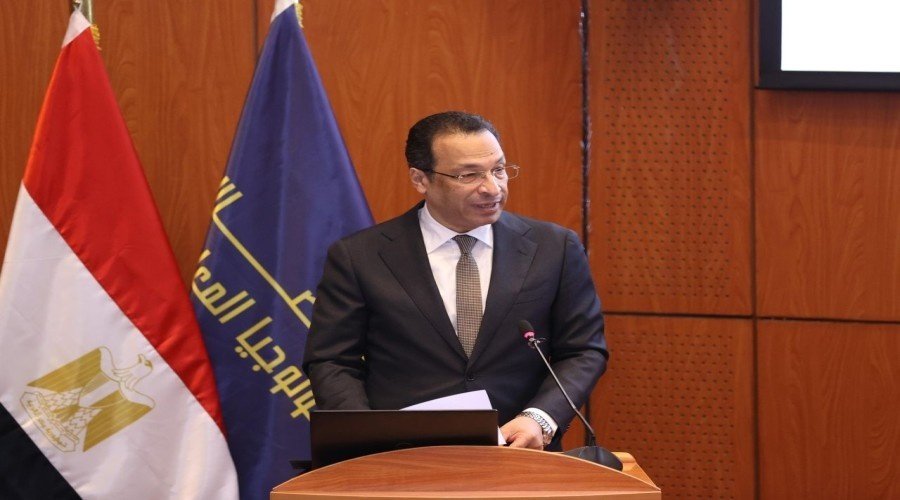Experts convened in Dubai for the Annual Meetings of the Global Future Councils and Cybersecurity 2025 to address the escalating climate crisis, highlighting ten transformative technologies capable of enhancing planetary resilience. The session featured the prominent presence of Sheikha Shamma bint Sultan bin Khalifa Al Nahyan, President and CEO of the UAE Independent Climate Change Accelerators (UICCA), underscoring the region’s commitment to spearheading climate action and innovation.
A Critical Moment For Planetary Boundaries
Moderated by Sally Mousa of Forbes Middle East, the discussion emphasized the urgency of the situation, noting that humanity has already surpassed seven of the nine planetary boundaries, pushing Earth beyond its safe operating space. The latest World Economic Forum (WEF) report, ‘10 Emerging Technology Solutions for Planetary Health’, formed the backbone of the conversation, presenting scalable innovations that offer tangible hope for reversing current environmental trajectories.
Harnessing Data From Above And Below
Experts detailed how advanced data and observation technologies are creating a clearer picture of our planet’s health. Masami Onoda of the Japan Aerospace Exploration Agency (JAXA) explained how next-generation satellites now provide hundreds of thousands of CO₂ observation points, a massive leap from just a few hundred decades ago. The key challenge, she noted, is ensuring this precise data on carbon, water, and vegetation reaches scientists and policymakers, especially in developing nations.
Similarly, Leigh Ann Winowiecki of the World Agroforestry Centre (ICRAF) highlighted the launch of the first Global Future Council on Soil and Land Health. She stressed that soil is the planet’s most biodiverse ecosystem with immense carbon storage potential. New technologies and Earth observation now enable the creation of highly accurate soil carbon and erosion maps, but investment in monitoring and policy implementation remains critical.
Tackling Invisible Threats From Methane To Algae
The panel also addressed less visible but potent environmental threats. Drew Shindell from Duke University pointed out that methane is 80 times more potent than CO₂ and responsible for significant warming. While remote sensing can detect leakage from fossil fuel operations, he emphasized the need for new techniques like precision fermentation for agriculture and methane capture systems for the waste sector, which can turn emissions into usable energy.
Bringing a startup perspective, Yousef Yousef, CEO at LG Sonic, shared his journey of scaling a technology that uses ultrasound to control harmful algae blooms in water. He highlighted the “three unknowns”—unknown technology, unknown company, and unknown markets—that innovators face. To overcome these hurdles and scale solutions globally, he argued for innovative financing models like blended finance.
The WEF’s Top 10 Tech Solutions For Planetary Health
The discussion was framed around the ten key technologies identified in the WEF report as crucial for environmental recovery:
- Precision Fermentation: Using microbes to create animal-free proteins with up to 97% fewer emissions.
- Green Ammonia Production: Replacing fossil fuels with renewable energy to produce low-carbon fertiliser and fuel.
- Automated Food Waste Upcycling: AI-driven systems that recycle up to 95% of food waste into valuable products like biogas and compost.
- Methane Capture and Utilisation: Converting methane emissions from waste and agriculture into renewable energy.
- Green Concrete: Reducing cement emissions by up to 90% through carbon capture and recycled materials.
- Next-Gen Bi-Directional Charging: Enabling EV batteries to power homes and stabilize grids.
- Timely and Specific Earth Observation: Leveraging AI and satellite data to deliver real-time climate and ecosystem insights.
- Modular Geothermal Energy: Compact systems generating low-emission power with a minimal footprint.
- Regenerative Desalination: Using renewables to recycle water and resources, cutting waste and expanding freshwater access.
- Soil Health Technology Convergence: Employing sensors and analytics to restore degraded soils for sustainable agriculture.
About the UAE Independent Climate Change Accelerators (UICCA)
The UAE Independent Climate Change Accelerators (UICCA) is a non-governmental, non-profit organization founded by Her Highness Sheikha Shamma bint Sultan bin Khalifa Al Nahyan. It is dedicated to accelerating the UAE’s transition to a green economy by fostering collaborations between the public sector, private sector, and civil society to drive tangible climate action both within the UAE and internationally.
Source: Zawya














